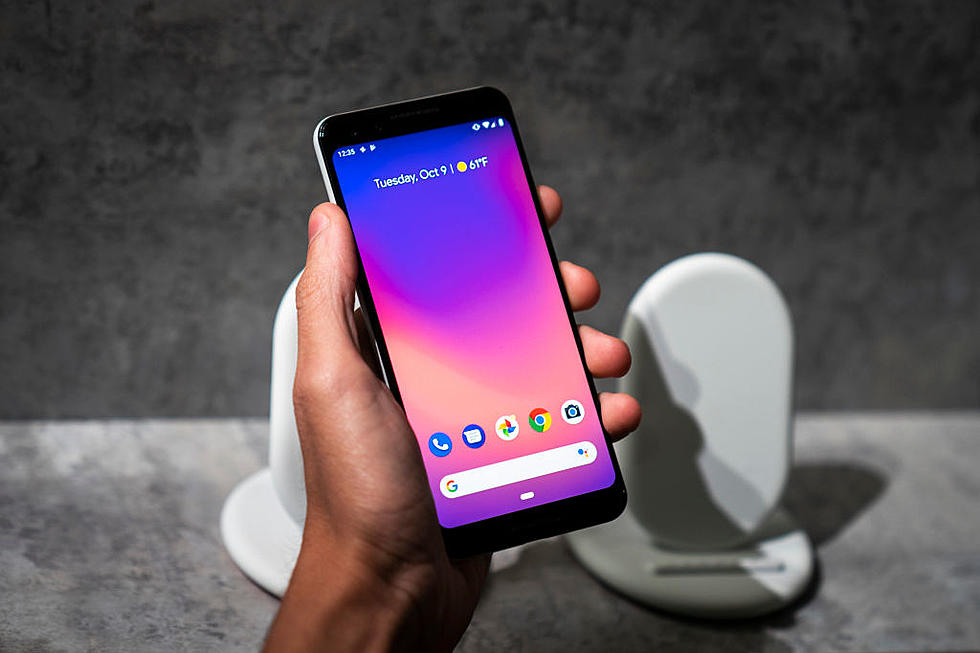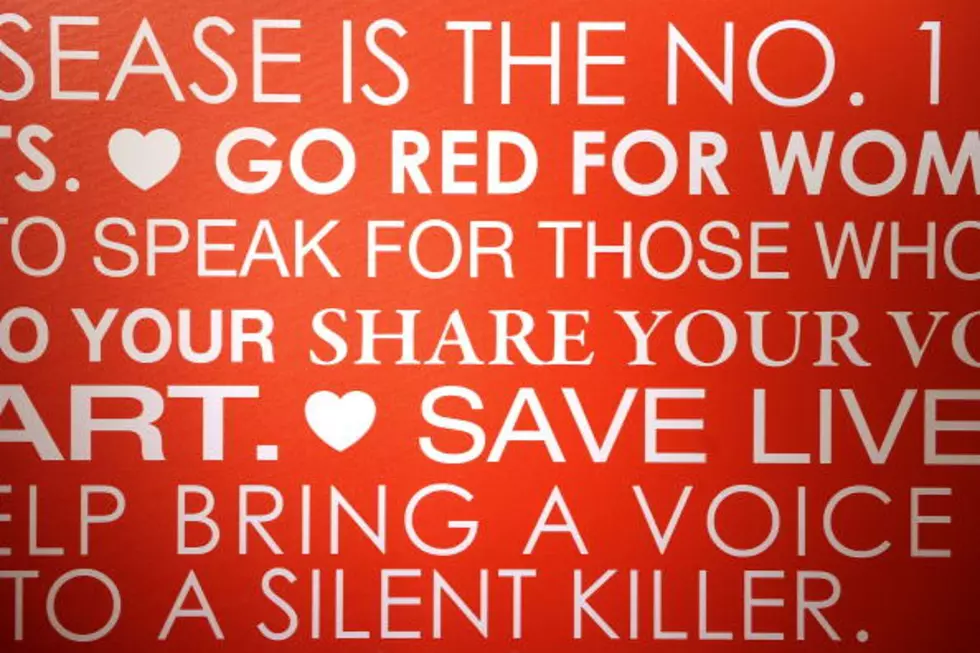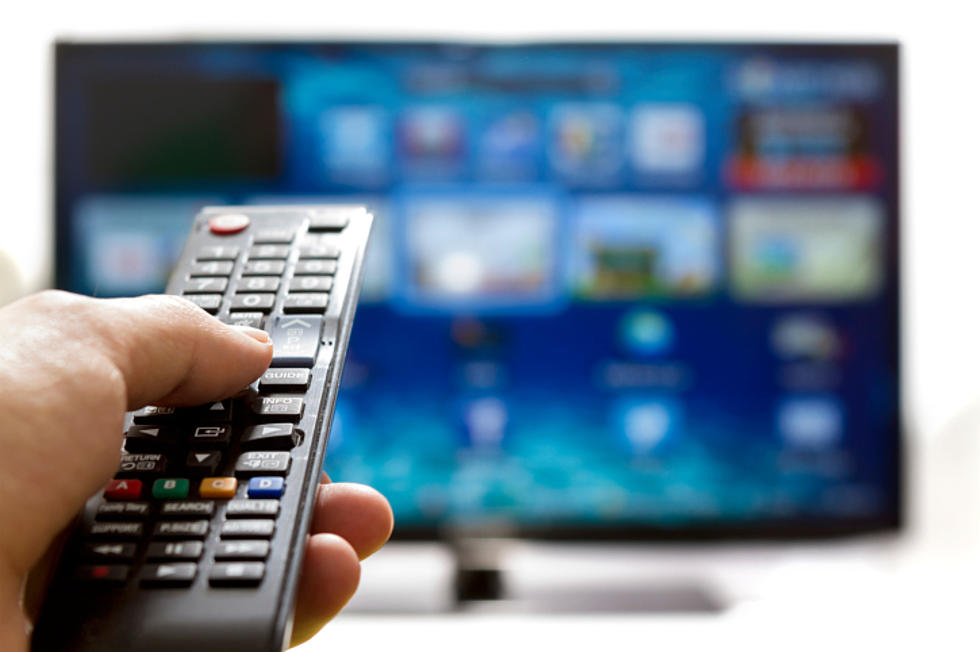![Cable Companies Trying to Cap Your Data Usage [POLL/AUDIO]](http://townsquare.media/site/385/files/2011/12/computer.jpg?w=980&q=75)
Cable Companies Trying to Cap Your Data Usage [POLL/AUDIO]
Following the lead of many wireless carriers, cable companies across the country are testing an idea that could forever change the way you use Internet at home.
The bundled communications companies offer households the triple threat of Internet, television and telephone, and while two of those offerings have been dwindling in prosperity, access to the Internet has become more crucial to Americans by the day.
Comcast launched a trial earlier this month in the Tuscon region of Arizona. Instead of customers simply paying for unlimited access to cyberspace, they are put on pricing plans that reflect how much data they use. Once their "data cap" is reached, any additional use (stream video, downloads, e-mail, browse the web) results in additional costs. Time Warner Cable launched a similar trial in February, expanded the test in August, and is planning to eventually implement data-usage plans nationwide.
Cable companies have said the different style of charging customers, which has become the trend among cell carriers, saves money for those who use the Internet minimally and is a fairer way to charge heavy data users.
"What they're really doing is charging you more money and figuring more and more ways to increase their profit margins," argued Steven Miller, Coordinator of Undergraduate Studies for the Rutgers Department of Journalism and Media Studies. "It's one part of a whole business plan to find various ways to increase their revenue streams."
Miller, though, said he is not surprised by the approach; providing communications is a business, and a business needs money to keep running. He said deregulation of the industry has resulted in countless extra charges for customers over time.
Whether consumers believe data-usage plans are fair or unfair, chances are they won't change their online behaviors, and they won't drop the need for instant gratification.
Miller said "we're almost held hostage" by the Internet and other communications devices, so unless there is a strong push back by the public and lawmakers, the costly and sudden changes can keep on coming.
More From New Jersey 101.5 FM









